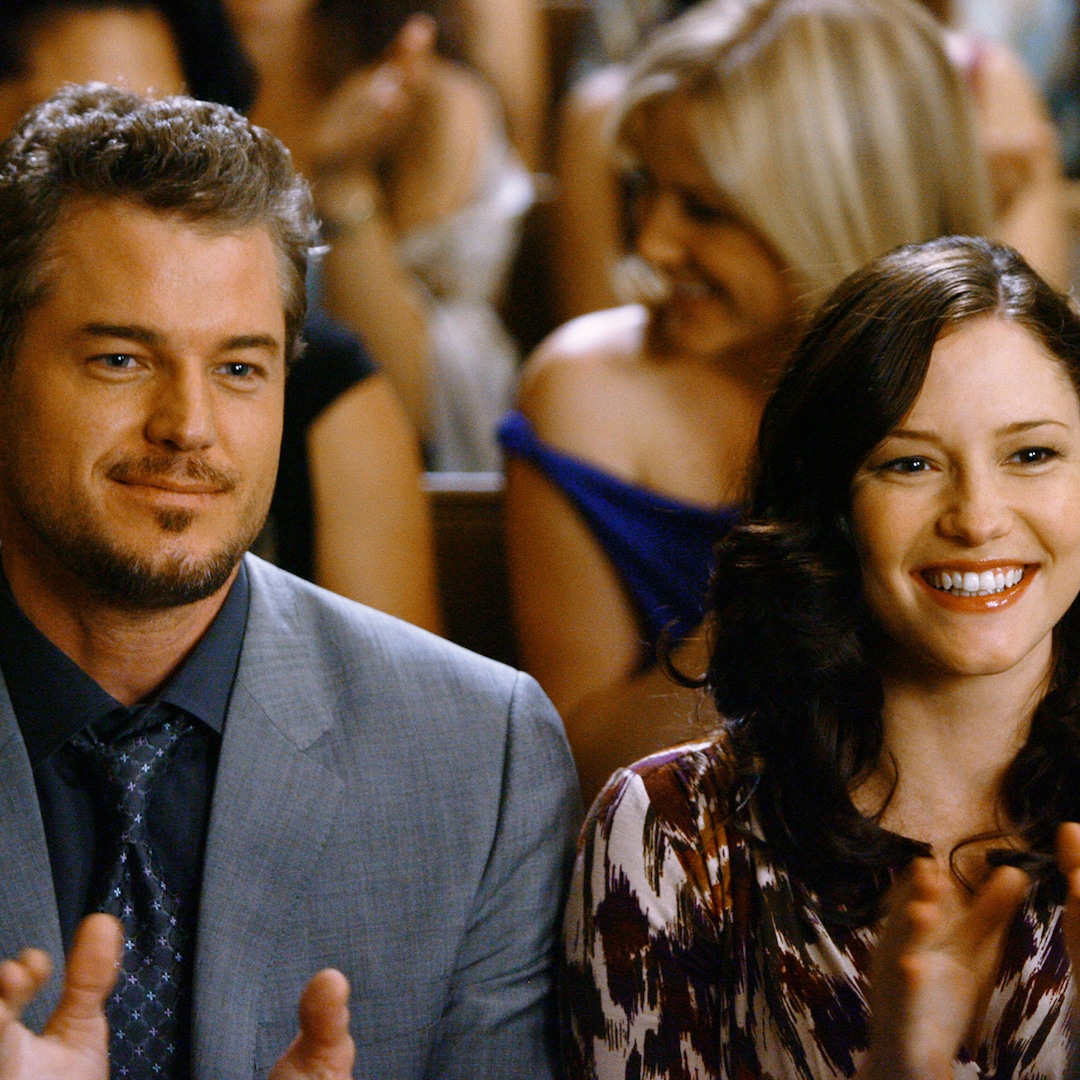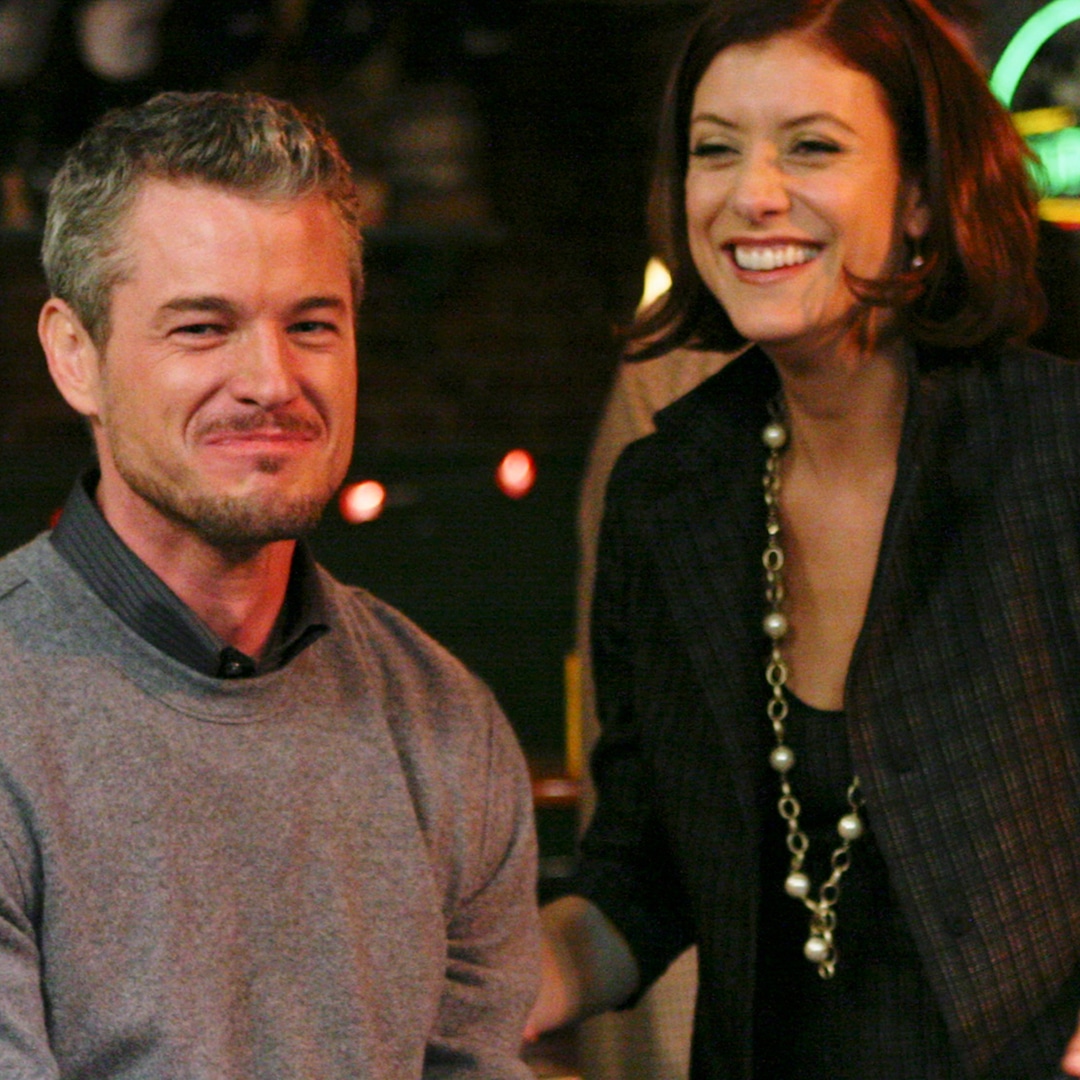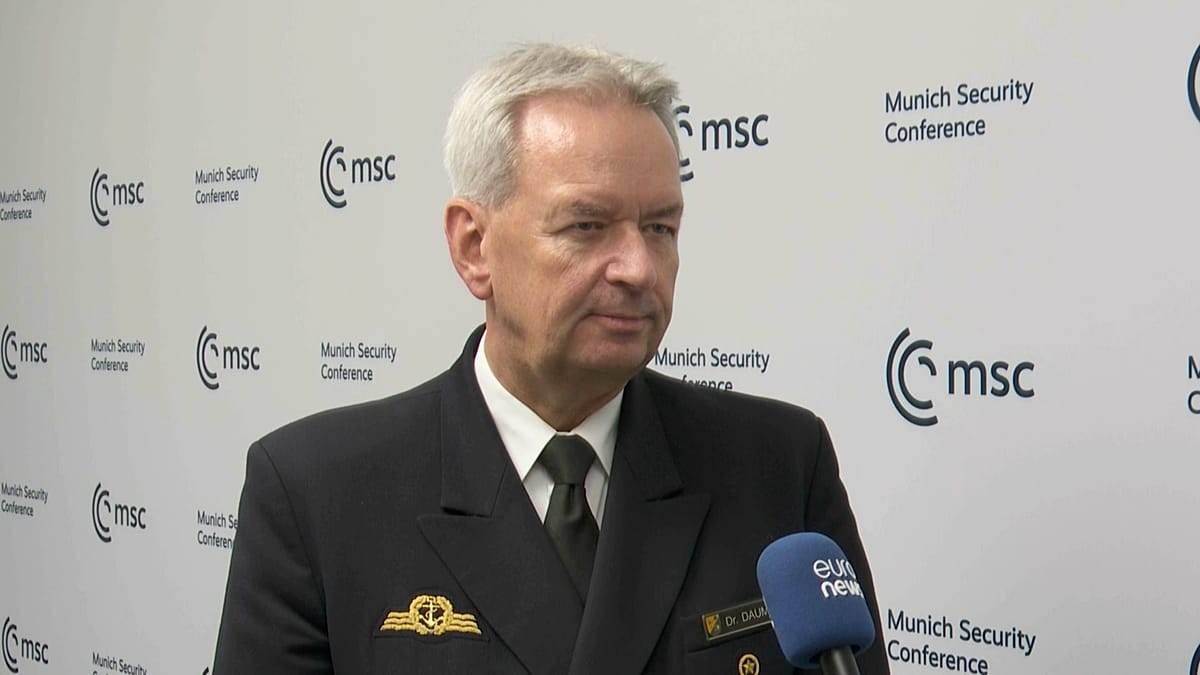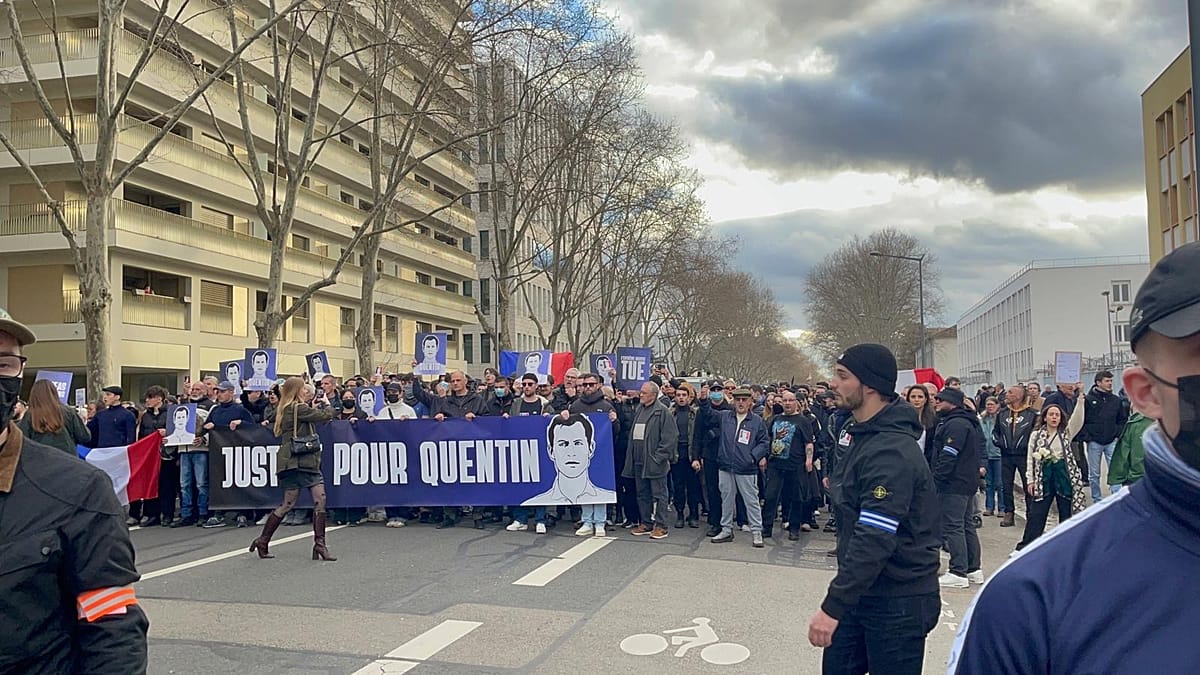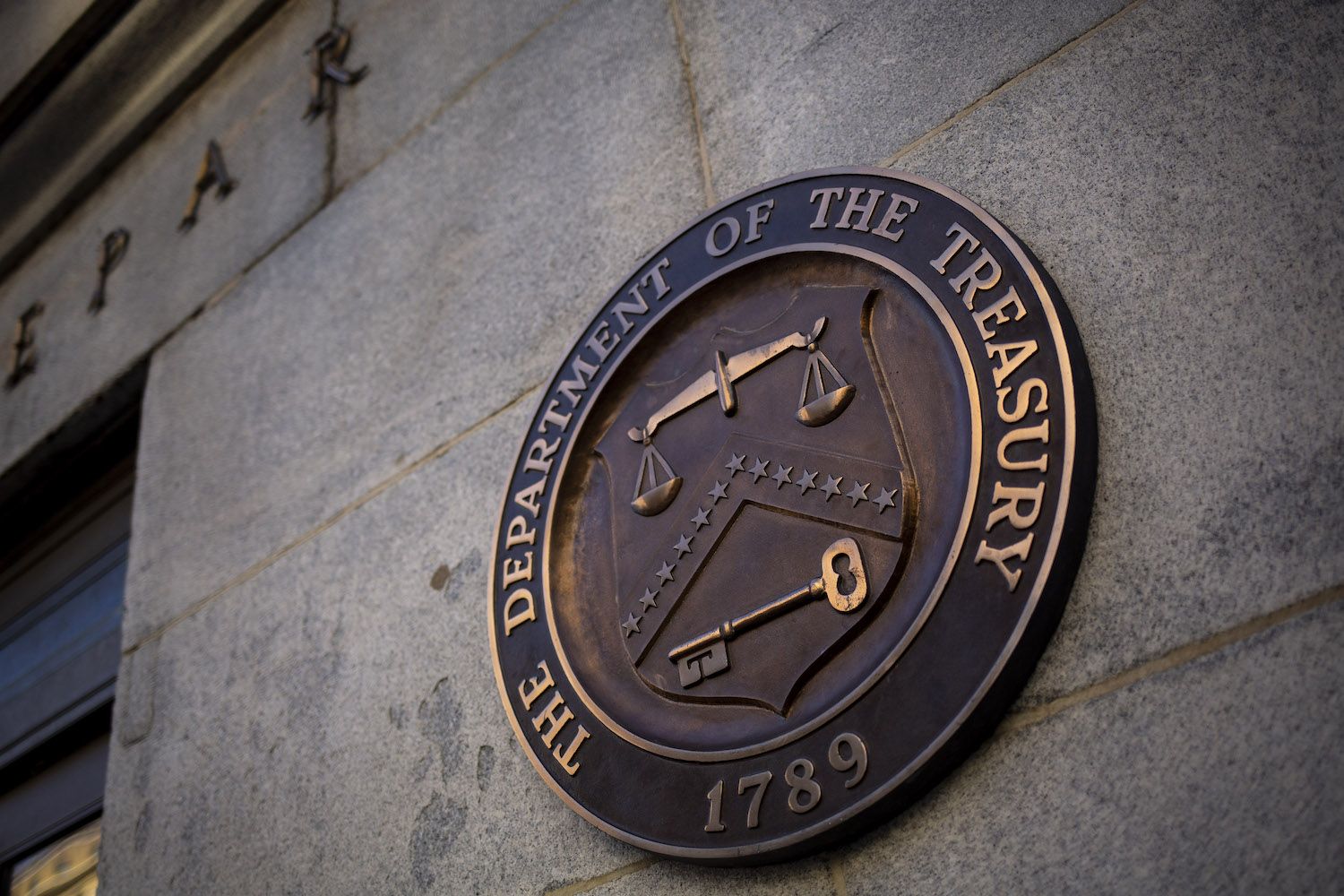Bad Apples review: Teachers, this film is for you


Watching the showcase of impulsive and absolutely illegal decisions made in the film Bad Apples, I couldn't get the words of a doomed galactic senator out of my head: "If you lead your thoughts through to conclusion, it will lead you to a place we cannot go."
It's exactly this place of no return that the Saiorse Ronan-led dark comedy thriller relentlessly cannonballs into, with director Jonatan Etzler putting his protagonist down a dubious, desperate path. With Ronan's always-impeccable talents supported by a sublime young cast, Bad Apples leans into unethical impulses, all the while exposing home truths about the under-resourced education system and social disdain toward children with behavioural, emotional, and social difficulties. Plus, it's really funny.
Teachers, parents, you're going to want to watch this film (and I want to know what you think of it).
Bad Apples sees Saiorse Ronan as a teacher who meets her edge
Written by Jess O'Kane as an adaptation of Rasmus Andersson's novel De Oönskade, Bad Apples enrols you with Somerset-based primary school teacher Maria (Ronan), who has thought of nothing but a teaching career since childhood. Alas, the reality of an underfunded education system wears down her Miss Honey-drenched dreams and raises the stakes with a "difficult" student.
Beyond overwhelmed, Maria's all-too-real lack of institutional support comes to a head accommodating the needs of disruptive student Danny (excellent newcomer Eddie Waller). A boy with the shortest of fuses, he swears at his classmates, destroys their belongings, ruins excursions, and generally gives Maria hell. Here, young Waller delivers in spades, with O'Kane's script heaped with unapologetic expletives and violent threats. Despite her frazzled attempts to control the situation and the attempted assistance of teacher's pet Pauline (an outstanding Nia Brown), Maria is held accountable by concerned parents, denied professional support by the equally stressed principal (Rakie Ayola), and facing the school's dreaded regular Ofsted inspection. Suddenly, a moment of violence occurs.
With her job genuinely on the line, Maria takes action. How do you solve a problem like Danny? Reader, she locks this kid in her own basement.
Featured Video For You
Saiorse Ronan gives a masterclass in unreliable protagonist
With full knowledge of the kidnapped child playing video games in her home, Maria keeps the ruse up — and Ronan plays the audience entirely with her inner insistence on her actions being justified. Practicing such deadpan statements aloud as "I've got your son in my basement" and lazily searching "how to control a large pet" online land with comedic finesse, as Maria digs herself deeper and deeper into a proverbial hole.
Notably, a large part of Bad Apples gives us an insight into Maria's real sense of loneliness. She retreats into her nightly sense of control in her cosy farming simulator game and never socialises outside of school. Adding stress to an already tempestuous working environment, Maria works with her ex, the man she moved to Somerset for, who then left her for another woman — an especially brutal move in a small town. So, with Danny kept in the basement, Maria not only controls a newfound peace in her classroom, but enjoys a warped sense of company in her primary-aged prisoner.
This sense of messed up perspective extends to Danny, who screams to go home to his absent father (Robert Emms) as much as he enjoys a Stockholm Syndrome-like existence learning his ABCs from Maria and being actually cared for (albeit while being incarcerated in a basement and shitting in a bucket). Over the course of the film, Maria and Danny develop a deeply strange, playful, and volatile bond. But is this genuine camaraderie, or is Danny merely trying to get the hell out of here? It's a dark dance of ethics, and one that draws wonderful moments of pure comedy from both Ronan and Waller.
Bad Apples plays out a micro decision with macro implications
Maria's actions in Bad Apples aren't just unhinged, they're criminal. However, the film plays out the scenario anyway, just to see what might happen if you, say, shut a disruptive student in a basement the day of your school's Ofsted inspection, the day after he attacked a fellow student.
Beginning as a trope of a Difficult Student, Waller's Danny finds superb moments of vulnerability and humanity, especially through moving scenes with Ronan's Maria. In contrast, Brown's Pauline, the straight-A student, the ultimate teacher's sycophant, becomes the film's real power player.
Through the film's diabolical set-up, Etzler and O'Kane are able to pose ethical questions about overworked teachers and the lack of resources educators have to work with children with behavioural difficulties, as well as assumptions we make of "difficult" kids. Here, communities would rather sweep troubled kids like Danny under the rug (or into a basement) than begin to try to understand him. I honestly want to know what teachers and parents think of this film, as I'm neither myself.
Ultimately, who in this situation is actually the bad apple?
Bad Apples was reviewed out of BFI London Film Festival.














